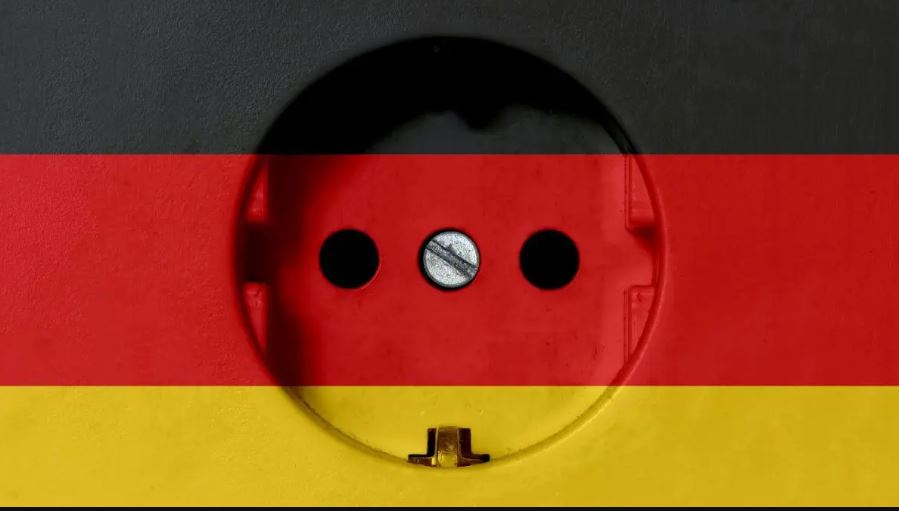New volumes approved for German renewables 2030
(Sustainabilityenvironment.com) – While the gas flows on Nordstrem 1 begin today the 10 days of stop notified by Moscow, Germany presents the new rules on clean energy. The measure, which complements the emergency plan on gas, was approved on 8 July by the Federal Council and for the country represents the largest amendment of energy policy in recent decades. All in all, this is a package of measures aimed at giving a quick boost to German renewables. With the goal of increasing national security and covering 80% of the electricity supply with green energy by 2030.
The measures are in fact divided on several fronts. The government has made some changes to the famous law on renewable energy sources (EEG) by setting new expansion targets, along with the tools to achieve them. The amendment provides for Germany to double onshore wind capacity to 115 GW by the end of the decade, adding 10 GW each year from 2025. For photovoltaics the target is to triple the installed capacity up to 215 GW to 2030. Adding 22 GW per year from 2026. The measure also clarifies that all new biomethane and cogeneration plants must be oriented towards hydrogen.
The amendment to the Act on Offshore Wind Energy (WindSeeG) increases the tender volumes for offshore wind and redesigns the financing scheme depending on the type of area, in order to significantly accelerate expansion. The sector should aim for 30 GW installed by 2030, 40 GW by 2040, and 70 GW by 2045.
Among the interventions there is also the new “Law to increase and accelerate the expansion of wind turbines on the ground” (WindBG) that obliges states to make available two percent of the federal area for the installation of new wind turbines. An important novelty for German renewables that is accompanied by the criticized amendment to the federal law for nature conservation with which several constraints are relaxed. Finally, the package includes the Energy Industry Act, which regulates measures to accelerate the expansion of the electricity grid.

